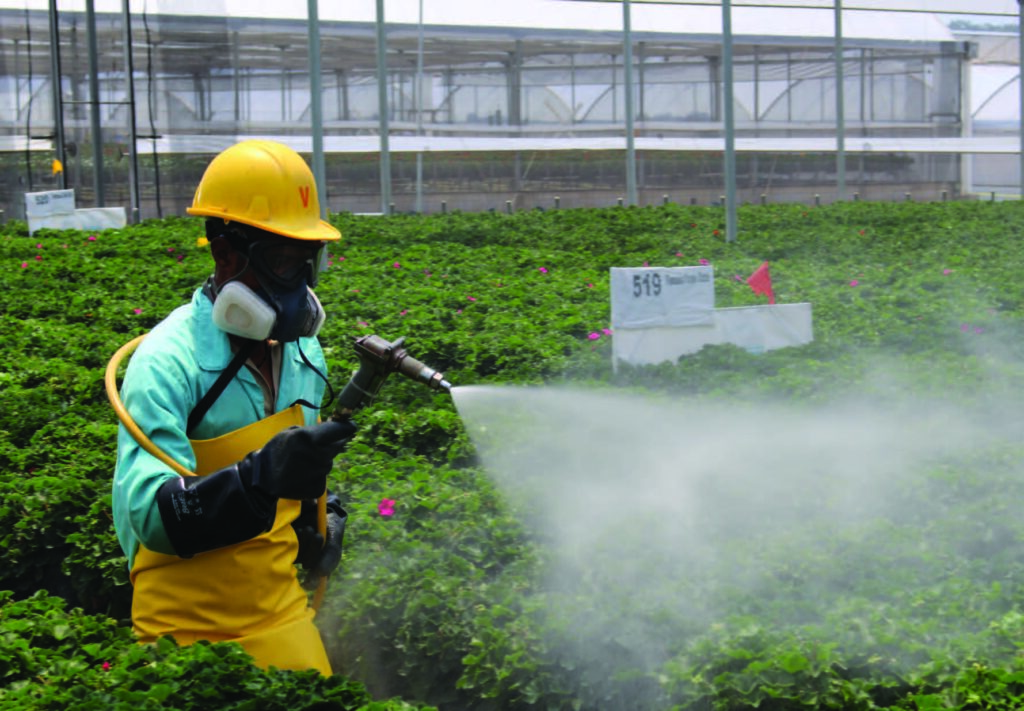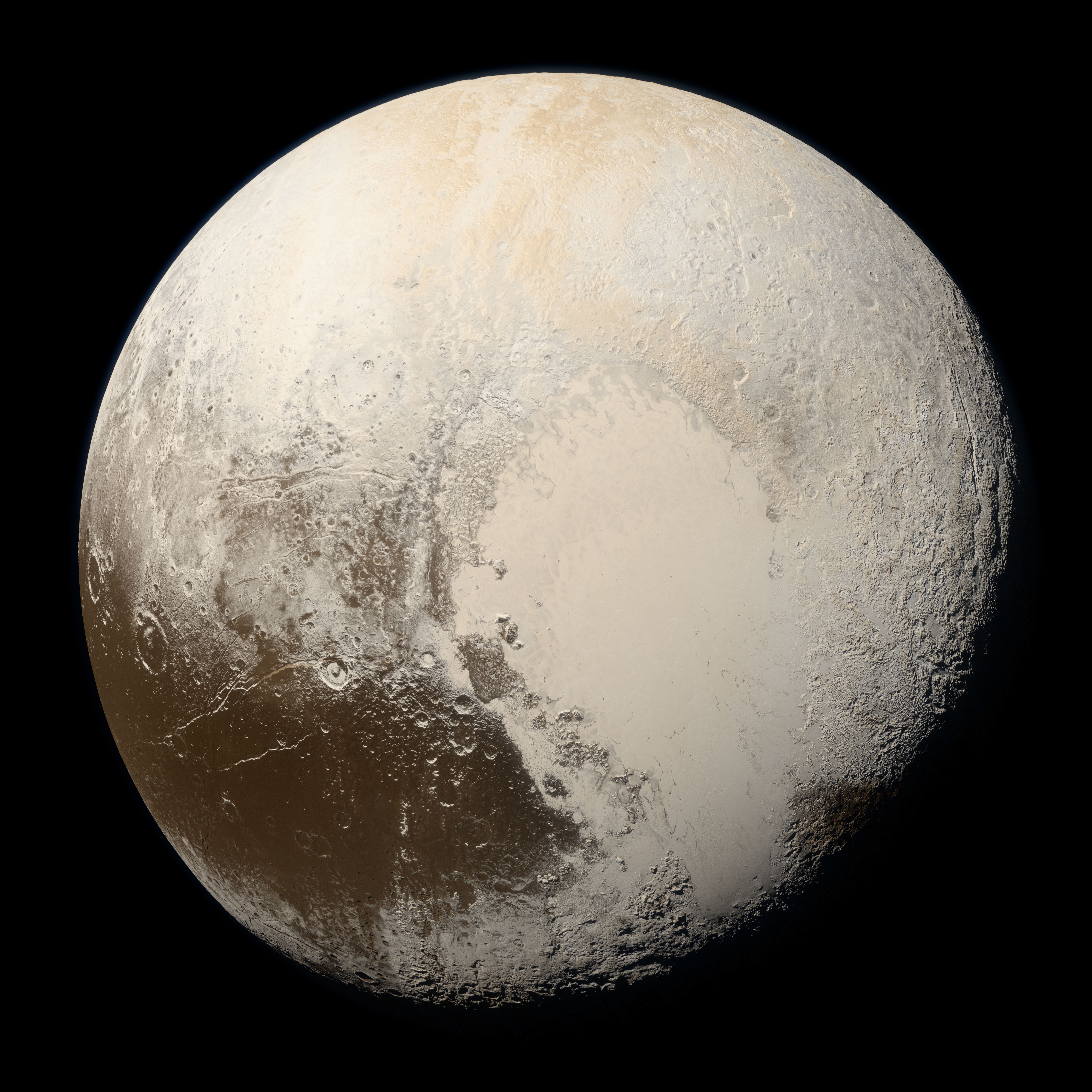Environmental Toxicology
In today’s modern world, our food supply is facing an alarming threat due to environmental toxicology. Unseen, yet pervasive, pollutants find their way into our agricultural systems, contaminating the very sustenance we rely upon. This article explores the perils of environmental toxicology and highlights why consuming organic food is crucial for our health and the well-being of the planet.
Understanding Environmental Toxicology
Environmental toxicology is the study of how pollutants present in the environment can adversely affect living organisms. These pollutants can originate from various sources such as industrial activities, agricultural practices, waste disposal, and even everyday products. Pesticides, heavy metals, persistent organic pollutants (POPs), and chemical fertilizers are among the most common toxicants that contaminate our food chain.
Poisoning Our Food Supply
- Pesticides: Synthetic pesticides, used extensively in conventional agriculture, are designed to kill pests and increase crop yields. However, they also pose a significant threat to human health and the environment. Pesticide residues can accumulate in crops, leading to potential toxicity when consumed. Additionally, these chemicals can contaminate water sources, impacting aquatic ecosystems and potentially entering the human food chain through fish consumption.
- Heavy Metals: Industrial activities release heavy metals like lead, mercury, cadmium, and arsenic into the environment. These toxic substances can be absorbed by plants, thereby contaminating our food. Accumulation of heavy metals in the body can cause various health issues, including neurological disorders, kidney damage, and impaired development in children.
- Persistent Organic Pollutants (POPs): POPs are highly stable chemicals that persist in the environment for long periods. They include substances like polychlorinated biphenyls (PCBs), dioxins, and certain pesticides. These compounds can accumulate in fatty tissues of animals and bioaccumulate up the food chain. Consuming food contaminated with POPs can lead to hormonal disruption, immune system suppression, and even cancer.
Why Choose Organic Food?
- Reduced Exposure to Toxic Chemicals: Organic food production strictly prohibits the use of synthetic pesticides, chemical fertilizers, and genetically modified organisms (GMOs). By choosing organic, you minimize your exposure to harmful substances present in conventional farming practices.
- Health Benefits: Organic food is rich in nutrients and often free from artificial additives. It promotes a healthier lifestyle by providing essential vitamins, minerals, and antioxidants that are vital for our well-being. Furthermore, consuming organic food reduces the risk of pesticide-related health issues and pesticide residues in the body.
- Environmental Preservation: Organic farming practices prioritize the conservation of soil health, water quality, and biodiversity. Organic farmers employ techniques such as crop rotation, composting, and natural pest control to maintain a balanced ecosystem. By supporting organic agriculture, we contribute to the preservation of our planet’s natural resources.
- Sustainable Agriculture: Organic farming focuses on sustainable practices that prioritize long-term environmental and social benefits. It promotes soil fertility, reduces water consumption, and minimizes greenhouse gas emissions. By choosing organic, we support a farming system that is in harmony with nature and contributes to the overall health of the planet.
Environmental toxicology poses a significant threat to our food supply, impacting human health and the environment. The use of pesticides, heavy metals, and persistent organic pollutants in conventional agriculture has far-reaching consequences. Embracing organic food offers a solution to reduce exposure to toxic chemicals and promotes a healthier, more sustainable food system.
By choosing organic food, we take a stand for our health and actively participate in safeguarding the planet. Supporting organic agriculture not only benefits our own well-being but also contributes to the preservation of a greener and cleaner world for future generations.
How useful was this post?
Click on a star to rate it!
Average rating / 5. Vote count:
No votes so far! Be the first to rate this post.
Author
-
Meet Dr. Kendall Gregory, a highly accomplished professional with a remarkable academic background and a deep passion for empowering individuals through knowledge. Dr. Gregory’s educational journey began with a Bachelor of Science degree, followed by a Doctor of Chiropractic Medicine, focusing on diagnosing and treating musculoskeletal conditions. He further expanded his expertise with a Master's degree in Oriental Medicine, specializing in acupuncture and Chinese herbology, and a Master's degree in Health Care Administration, emphasizing his dedication to improving healthcare systems. Dr. Gregory combines his extensive knowledge and practical experience to provide comprehensive and integrative healthcare solutions. Through his writings, he aims to inspire individuals to take charge of their health and make informed decisions.
View all posts







